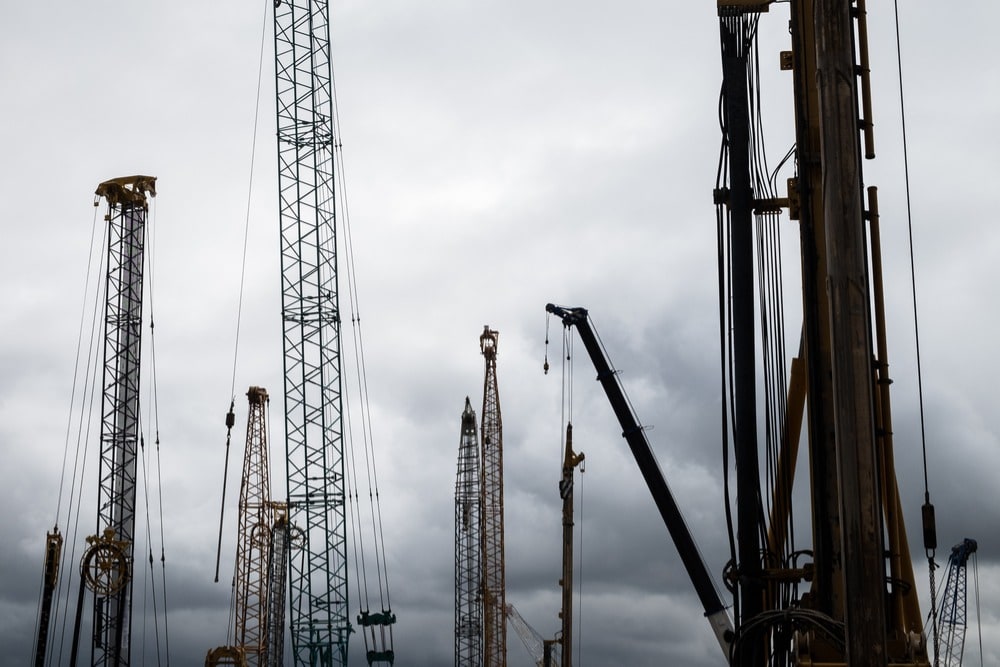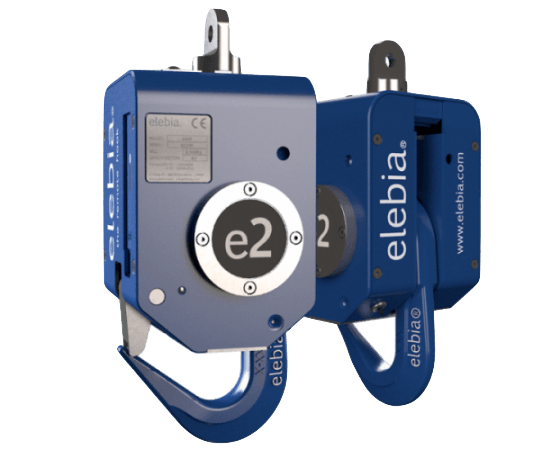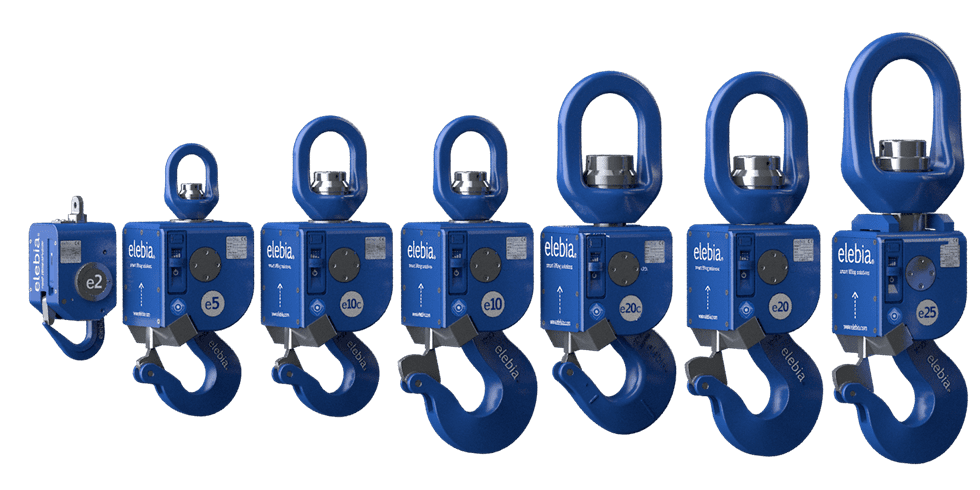Industrial Accidents: How to Avoid Them
21 February, 2018 - Editorial Team
Industrial Accidents
The prevention of industrial accidents is in the interests of both staff and employers. Accidents at work may lead to serious injury, and can even prove fatal. Employers could face legal charges, and at best will have the inconvenience of a worker or workers having to take time off. The cost to the employee can also be considerable, as they may be unable to return to the same job or have to recover from painful injuries. The company is of course ultimately responsible for the welfare of their employees and must take all necessary steps to reduce the risk of accidents in the workplace. But the employees also bear a share of the responsibility for following safety procedures correctly.
Clothing and work accessories
Wearing the appropriate clothing is of course essential. Each country will have its own regulations concerning standards, so be sure to familiarise yourself with the requirements of your own country. Safety helmets are a must in many industrial settings where there is a risk of injury from falling objects, such as in factories, on construction sites, and in forestry. They should be worn at all times when required in order to protect the head from injury. Use of the correct footwear is also important. Workwear and safety helmets should be checked regularly to ensure they are in good enough condition; using damaged or outdated items could be just as dangerous as using none at all.
Proper physical conditions and safety training
Carrying out a risk assessment is an important aspect of keeping the workplace safe. Industrial accidents often occur where staff have been given inadequate training or failed to follow the correct protocols. All staff therefore, should undergo proper safety training; this may need to be updated from time to time as new equipment is introduced.
When new members join the team, they will need to undergo the same training. Government guidelines will indicate the safety protocols to be followed by law, and each company is responsible for adhering to these rules. It is also important when working with chemicals that they are stored and used under appropriate conditions, and that only authorised employees should be able to handle them. Workers should be aware of the need to follow correct safety procedures at all times, and the consequences of failing to do so, such as demotion or disciplinary action.

Pay attention to weather conditions
Taking note of weather conditions can also help with the prevention of industrial accidents. For example, rain and snow are an obvious hazard when working outdoors and could easily lead to a worker slipping, especially when handling heavy equipment. Companies should avoid rushing workers to complete tasks as quickly as possible, and workers should take care at all times. It is also wise to bear in mind that extreme weather conditions may affect materials and equipment.
If the weather could pose a risk, then it is best to postpone affected tasks until a later date, or allow extra time so that the task may be carried out with greater care. Similarly, workers who are unwell or tired should not handle tasks that could lead to injury when carried out without full concentration. We know of the risk of driving when tired or under the influence of alcohol, but remember that some medications can also affect your reactions and mean that you should not use certain equipment while taking them.
Newsletter
Sign up for our newsletter and get the latest news from elebia
Having at hand the correct materials
Using equipment that is inadequate or unsuitable for the task is inviting trouble, yet companies sometimes try to economise and expect staff to “make do” with what they have. For example, they may have to use lifting equipment that is meant for lighter loads, risking the equipment breaking, dropping the load, and causing injury to their staff.
There is simply no substitute for providing the best equipment for the job. Many items of equipment are designed to prevent a failure that would cause injury. Improvising with the equipment at hand can be risky. Also, even experienced staff should never be complacent and assume that they need not follow the same procedures as everyone else. Safety and prevention of accidents is relevant to everyone and it is important in developping new equipment, like, for example, our automatic crane hooks, which allow the release of material that is being lifted without human intervention because it offers more security to employers. With these kind of preventive measures, onsite accidents can be reduced.
Products Made For Your Company





